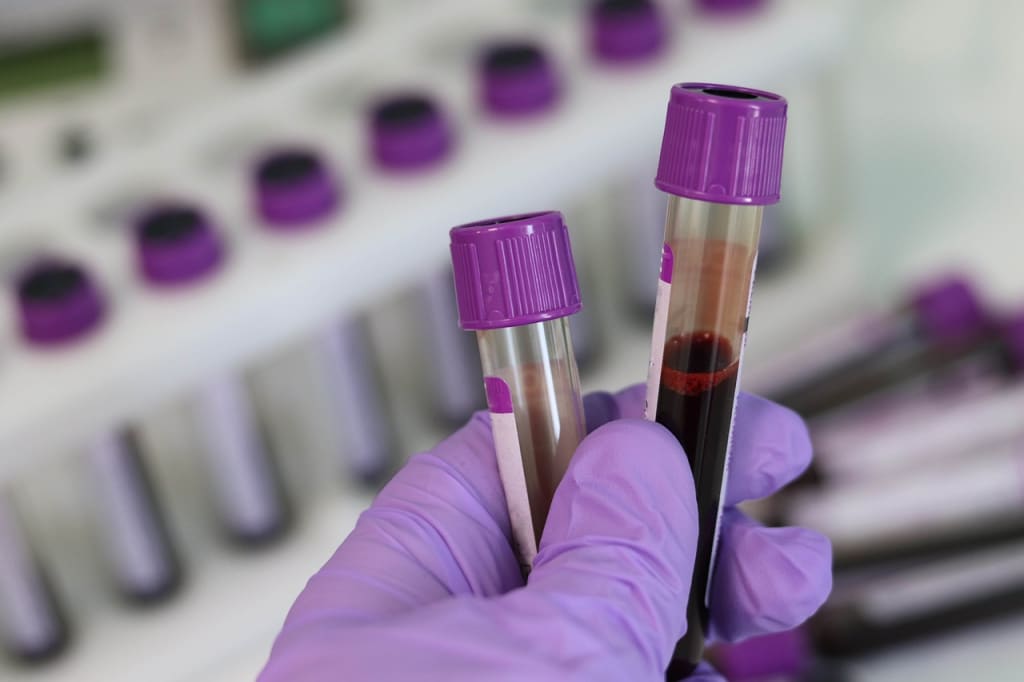
Title: Journey Through the Stages of Cancer: Understanding Progression, Diagnosis, and Treatment
Abstract:
Cancer is a complex disease that progresses through different stages, each with unique characteristics and implications for patient management. The staging of cancer is a crucial aspect of diagnosis and treatment planning, as it provides valuable information about the extent of the disease and guides therapeutic decisions. This comprehensive article explores the stages of cancer, from stage 0 to stage IV, across various cancer types. By understanding the significance of cancer staging, healthcare professionals can provide more personalized and effective care, while patients and their families can gain insights into the disease's progression and potential treatment options.
Introduction:
Cancer staging is a vital process in oncology, enabling healthcare providers to assess the extent of cancer and tailor treatment accordingly. This section introduces the concept of cancer staging and outlines the key topics covered in the article.
Principles of Cancer Staging:
Cancer staging is based on a standardized system that considers tumor size, lymph node involvement, and metastasis. We discuss the principles of cancer staging and the importance of accurate and consistent staging across cancer types.
Stage 0: Carcinoma in Situ:
Stage 0, also known as carcinoma in situ, refers to the earliest form of cancer where abnormal cells are confined to the tissue of origin. We explore stage 0 cancers in breast, cervix, skin, and other organs.
Stage I: Localized Cancer:
Stage I signifies a small tumor that remains localized to the organ of origin without invading nearby tissues or spreading to lymph nodes. We discuss stage I cancers in various organs.
Stage II: Locally Advanced Cancer:
Stage II denotes larger tumors with limited local spread or involvement of regional lymph nodes. We explore the significance of stage II in different cancer types.
Stage III: Regional Spread:
Stage III signifies tumors with extensive local invasion or lymph node involvement, indicating a more advanced disease stage. We discuss stage III cancers and the potential challenges in treatment.
Stage IV: Distant Metastasis:
Stage IV represents cancer that has spread to distant organs or tissues beyond the primary site and regional lymph nodes. We explore the implications of stage IV cancers and their impact on treatment strategies.
Staging of Specific Cancers:
This section delves into the staging process for specific cancer types, including breast cancer, lung cancer, colorectal cancer, prostate cancer, ovarian cancer, and more.
Staging Techniques and Imaging:
Various diagnostic techniques and imaging modalities are employed for cancer staging. We explore the role of imaging, biopsies, and laboratory tests in determining cancer stage.
TNM Staging System:
The TNM staging system is widely used for cancer staging. We explain the components of the TNM system and how it is applied to different cancer types.
Grading vs. Staging:
Grading and staging are distinct aspects of cancer assessment. We compare tumor grading, which evaluates the degree of cell differentiation, with cancer staging.
Prognosis and Treatment Decision-Making:
Cancer staging directly influences prognosis and treatment decisions. We discuss the impact of cancer stage on survival outcomes and how it guides therapeutic approaches.
The Role of Biomarkers in Cancer Staging:
Biomarkers play a crucial role in refining cancer staging and treatment decisions. We explore the significance of biomarkers in predicting disease progression and response to therapy.
Cancer Recurrence and Staging:
Cancer recurrence can occur despite successful initial treatment. This section examines the implications of recurrent cancer and its relationship to the original cancer stage.
Cancer Staging and Clinical Trials:
Cancer staging is integral to clinical trial enrollment and outcome analysis. We discuss the importance of staging in cancer research and therapeutic advancements.
Limitations and Challenges in Cancer Staging:
Cancer staging has some limitations and challenges, including interobserver variability and difficulties in detecting micro-metastases. We explore ways to address these issues.
Precision Medicine and Staging:
Precision medicine aims to tailor treatments based on individual patient characteristics, including cancer stage. We discuss how precision medicine is transforming cancer care.
Communication and Patient Understanding:
Effective communication with patients and their families is essential in conveying cancer stage and treatment options. This section explores strategies for patient-centered discussions.
The Impact of Staging on Survivorship:
Cancer staging influences long-term survivorship and follow-up care. We examine survivorship programs and the importance of post-treatment monitoring.
Multidisciplinary Approach to Cancer Staging:
Cancer staging often involves a multidisciplinary team of oncologists, surgeons, pathologists, and radiologists. We discuss the benefits of collaborative decision-making.
Palliative Care and Advanced Cancer:
For patients with advanced or stage IV cancer, palliative care plays a crucial role in enhancing quality of life. We explore the integration of palliative care in cancer management.
Emerging Trends and Future Directions in Cancer Staging:
Advancements in technology and research are shaping the future of cancer staging. This section highlights emerging trends and future directions in cancer staging.
Conclusion:
Cancer staging is a fundamental aspect of cancer diagnosis and treatment planning. By understanding the stages of cancer and their implications, healthcare professionals can offer more personalized and effective care, leading to improved patient outcomes and quality of life.
About the Creator
Piyal bal
I am a fervent writer in this mesmerizing,phenomenal platform to create essential,interesting stories of various subjects.






Comments
There are no comments for this story
Be the first to respond and start the conversation.